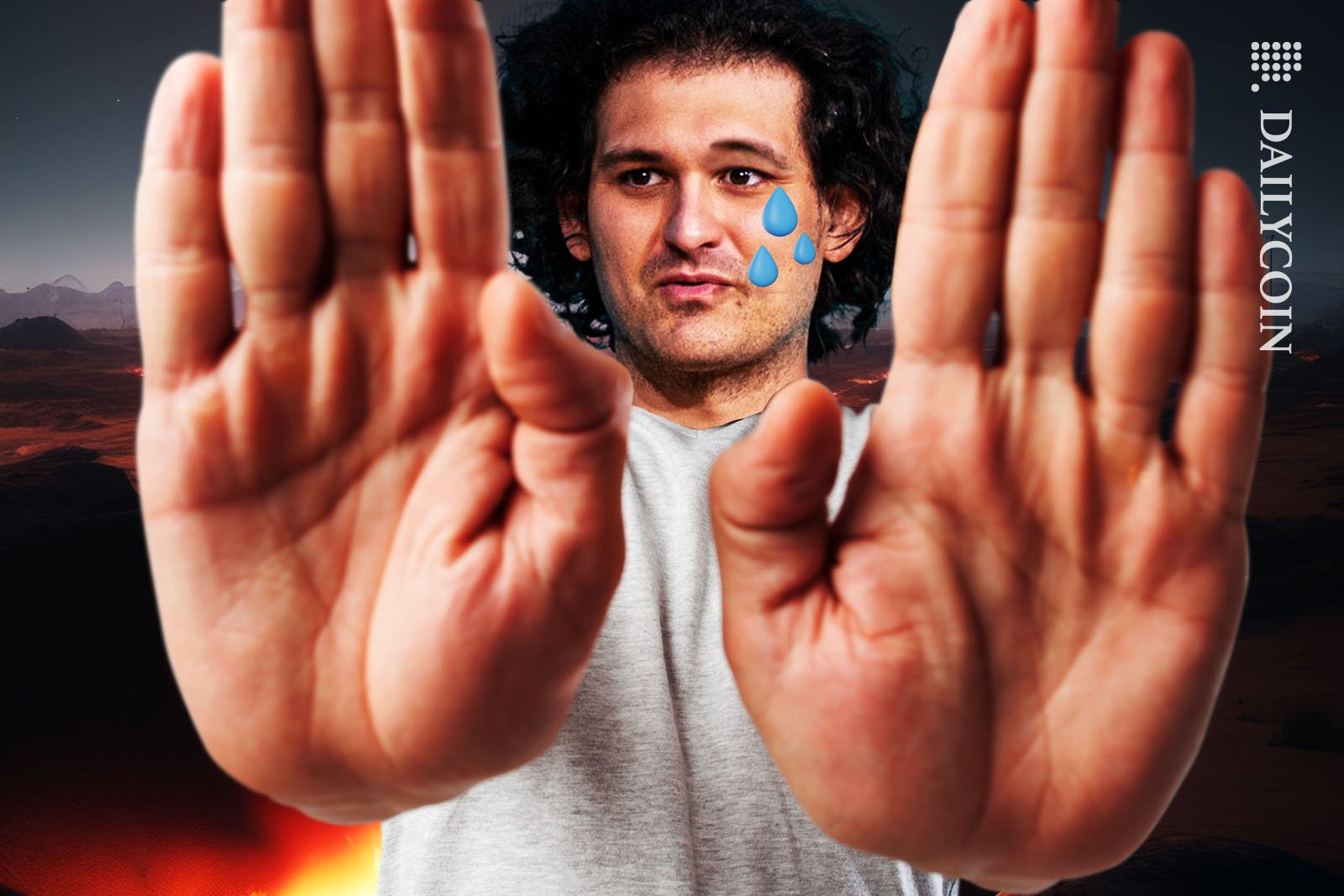
- Prosecutors have challenged the defense’s jury selection questions in the high-stakes case.
- Prosecutors have raised objections to mentions of ADHD, setting the stage for a contentious trial.
- The trial looms for SBF as the courtroom drama has intensified.
Prosecutors, embroiled in the legal battle against FTX’s former disgraced CEO, Sam Bankman-Fried (SBF), have vehemently objected to the defense’s proposed inquiries for jury selection. The co-founder faces seven fraud-related charges in the docket, including the alleged wire fraud perpetrated against FTX clientele.
SBF’s Legal Team Faces DOJ Rebuke Over Jury Questions
As of September 11, Bankman-Fried’s legal team had formulated a range of questions intended for prospective jurors, spanning diverse topics such as the effective altruism movement, ADHD, political contributions, and the like. On that very same day, the prosecution also submitted their queries for jury selection.
Sponsored
Fast forward to Friday, September 15, and the Department of Justice (DOJ) dispatched a letter to Judge Lewis Kaplan, presiding over the proceedings in the US District Court for the Southern District of New York.
In this message, the DOJ didn’t mince words, slamming the nature of inquiries proffered by Sam Bankman-Fried’s legal brigade. They contended that the defense’s proposed voir dire brims with many “unnecessary and time-consuming questions.” Voir Dire is legal jargon, which, in this case, refers to the initial scrutiny of witnesses or the potential jury pool and means ‘to speak the truth.
DOJ Accuses Defense of Bias in Bankman-Fried’s Trial
While SBF’s legal team seeks to elicit sympathy from the jury through their controversial questions, the DOJ has strongly opposed this tactic, alleging that the defense is attempting to present SBF in a positive light by including questions about effective altruism.
Bankman-Fried’s legal team had brought up the topic of ADHD in their proposed voir dire, likely due to SBF’s reported condition. However, the prosecutors deemed these questions irrelevant and potentially prejudicial, as they might elicit undue sympathy from the jury. They urged the court to avoid mentioning the defendant’s mental health or symptomatic body language.
On the Flipside
- Bankman-Fried’s defense argues that their proposed questions aimed to uncover potential biases among jurors, especially regarding issues like effective altruism and ADHD.
- While the prosecution opposes questions related to ADHD, Bankman-Fried’s legal team maintains that acknowledging this condition is essential for a balanced trial, as it directly relates to the defendant’s mental state and potential actions.
Why This Matters
The objections raised by prosecutors against the defense’s proposed jury selection questions in the Sam Bankman-Fried case underscore the critical role of a fair and impartial trial in the crypto industry. Ensuring a just legal process is essential for the defendant and maintaining trust and legitimacy within the broader crypto community.
Sponsored
To learn more about the implications of FTX Holdings on Solana and how the community remains unfazed, read here:
FTX Holdings Hang Over Solana, But Community Is Undisturbed
For the latest updates on FTX’s pursuit of refunds related to endorsements, read here:
FTX Advisors Seek Refunds on Celebrity Endorsements and Sponsorships
